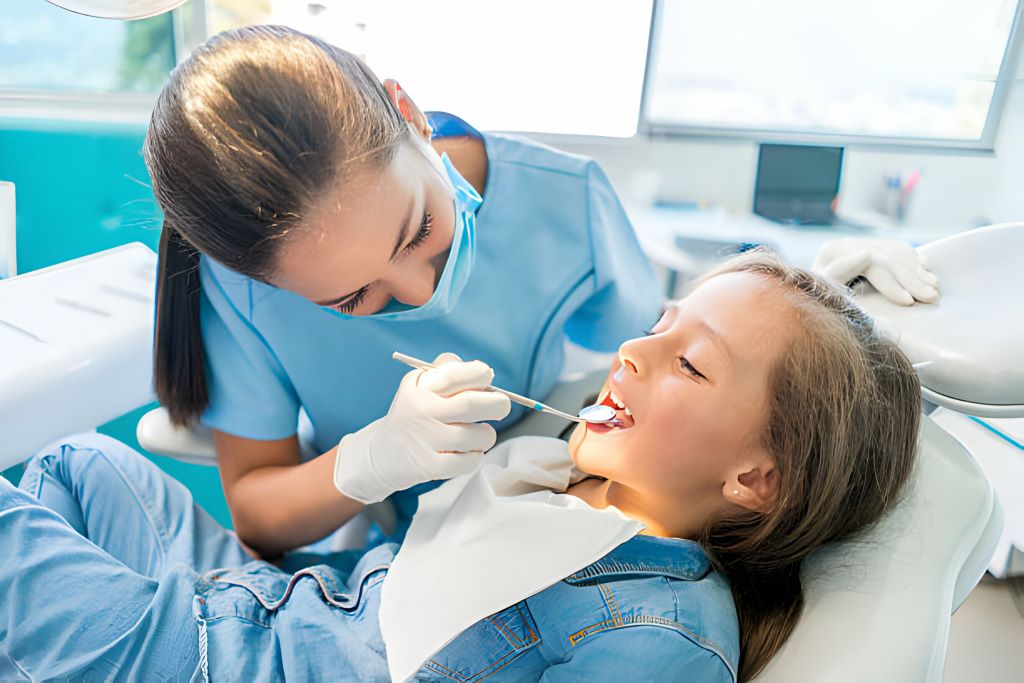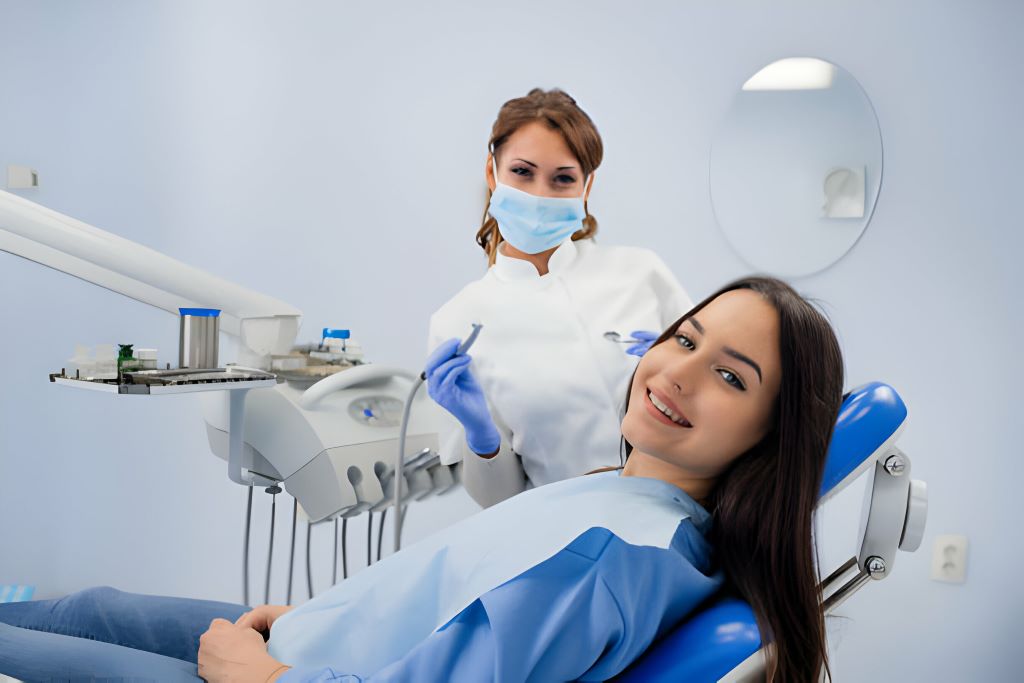Orthodontics serves a purpose beyond achieving a perfect smile. It plays a role in promoting well-being by addressing the physical, psychological and emotional aspects of oral health. This comprehensive guide explores the multifaceted effects of care on our health emphasizing its significance beyond mere cosmetic improvements.
1. Understanding Orthodontics
To understand orthodontics we must delve into the field of dentistry that focuses on diagnosing, preventing and correcting teeth and jaws. Orthodontists utilize treatments like braces and aligners to not only enhance aesthetics but also improve oral health and achieve a balanced bite for their patients. This discipline plays a role in ensuring teeth alignment while fostering overall well-being.
Beyond Appearance
Orthodontics goes beyond improving appearances, it encompasses correcting misalignments, bite issues and crowded teeth to enhance function. Doing treatments contributed tremendously to our overall dental health and functionality.
Different Types of Orthodontic Treatments
Explore the range of treatments available today – from traditional braces to modern alternatives like clear aligners. Having an in-depth understanding of these options empowers individuals to make decisions based on their lifestyle preferences and specific dental needs.

2. The Physical Advantages of Orthodontic Treatment
The orthodontic treatment brings about not only an attractive smile but also notable physical benefits. By straightening teeth and addressing bite problems it enhances health and lowers the chances of gum disease and temporomandibular joint (TMJ) disorders. Moreover, proper alignment promotes digestion and overall well-being by facilitating effective chewing.
Improved Oral Health
The orthodontic clinic in Marbella effectively deals with misalignments and spacing issues reducing the risks associated with gum disease, cavities and other oral health concerns. An aligned smile is easier to clean thus encouraging oral hygiene practices and preventing potential dental problems.
Enhanced Chewing and Speaking
Aligned teeth play an important role in ensuring efficient chewing and clear speech. Orthodontic interventions, including the correction of bite problems, can improve these functions allowing individuals to savor their foods with ease and communicate confidently.
Prevention of Jaw Disorders
By addressing jaw alignment issues, one can minimize the likelihood of temporomandibular joint (TMJ) disorders. This preventive aspect is crucial for maintaining comfort and functionality during activities, like eating and speaking.
The Benefits of Orthodontic Treatment
Psychological and emotional well-being plays a role in health encompassing factors like mental strength, emotional stability and a positive mindset. Taking care of these aspects can help us better cope with stress, improve our ability to handle challenges and ultimately lead to a quality of life. Prioritizing our health is key to achieving a sense of well-being.

Boosting Confidence
Having an aesthetically pleasing smile often leads to increased self-confidence. Orthodontic treatments not only improve the appearance of our smiles but also contribute to a more positive self-image, which has a significant impact on our mental well-being.
Social and Professional Impacts
A confident smile can have effects on our interactions and professional relationships. People with improved aesthetics may find themselves having opportunities and building stronger connections in both personal and work settings. This highlights how orthodontic care can influence aspects of our lives.
Emotional Resilience
Addressing concerns through orthodontics can alleviate the stress associated with feeling self-conscious about our smiles. Promoting resilience treatments contributes to overall mental well-being.
4. Orthodontics for Long-Term Health
Orthodontics plays a vital role in long-term oral health by correcting misalignments and bite issues. Beyond enhancing aesthetics, properly aligned teeth contribute to improved chewing function, reduced risk of dental problems, and overall oral well-being.
Alignment and Digestive Health
Aligned teeths are essential for chewing, which is crucial for initiating the digestive process.
Addressing misalignments through care can have an impact on digestive health ensuring that individuals can efficiently absorb nutrients.
Orthodontics and Quality of Sleep
Orthodontic interventions such as correcting bite issues can contribute to sleep quality. By addressing factors like sleep apnea and snoring through orthodontics overall health is positively influenced by promoting sleep.

5. Orthodontics Across Different Age Groups
Orthodontics plays a role in enhancing health and aesthetics throughout various age groups. From childhood to adulthood, treatments address concerns like malalignment and malocclusion promoting not only a confident smile but also overall oral well-being throughout the different stages of life.
Early Intervention in Orthodontics
Explore the advantages of intervention in orthodontics for children. Detecting and addressing issues during childhood not only improves oral health but also minimizes the need for extensive treatments later on.
Orthodontics for Teenagers and Adults
Discuss the growing trend of treatments in teenagers and adults. Modern options such as aligners make orthodontics more accessible and convenient for individuals of all ages emphasizing the importance of oral health.
6. Choosing the Appropriate Orthodontic Treatment
Selecting the treatment is crucial, for achieving optimal oral health and a confident smile.
When making such a decision it is crucial to consider factors, like how long the treatment will take the aesthetics involved and your personal needs. It is highly recommended to consult with an orthodontist who can provide customized insights based on your dental requirements.
Things to Consider in Choosing a Treatment
Take into account factors that individuals should consider when deciding between orthodontic treatments. Lifestyle, treatment duration and personal preferences for appearance all play a role in selecting the option for achieving a healthier smile.
The Importance of Orthodontic Professionals
Emphasize the significance of seeking guidance from professionals. From assessments to developing personalized treatment plans orthodontists play a role in ensuring optimal results and long-term oral health.
Conclusion
Orthodontics goes beyond improving appearance; it is an aspect of comprehensive oral care with far-reaching implications for overall well-being. From health benefits to emotional impacts orthodontic treatments significantly contribute to leading a healthier and more confident life.
Embracing orthodontics at any age and making decisions about treatments are steps towards achieving and maintaining not only an attractive smile but also promoting long-term oral health and overall well-being.









